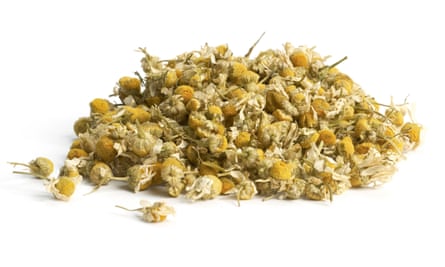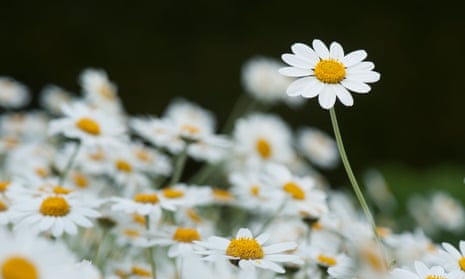Gardening can be expensive. Even if you side-step the ready-grown plants at the garden centre and start from scratch, some seeds can cost as much as £1 each (think F1 hybrid tomatoes). Others, such as the tiny dust-like seeds of begonias, can literally sell for more than their weight in gold. For plant geeks on a shoestring, poring over seed catalogues dreaming of summer colour, wildlife, scent and maybe an edible or two, it can start to add up.
Every so often, however, you find an exception that can deliver all four horticultural fixes for virtually zero cost. Hidden at the back of your kitchen cupboard, that old packet of camomile tea bags is in reality the source of thousands of seeds. These can remain perfectly viable for years past their sell-by date and provide a stream of pretty native flowers all summer long. With each bag coming in at 96% less than the price of buying a commercial packet of identical seed, this is not a bad deal.
To get started, find a patch of bare, well-drained soil in a sunny location. Rip open a bag of (unused) camomile tea, sprinkle it over the soil and water in well. Germination will start within about two weeks, depending on the time of year. In my experience successional sowings can provide a virtually constant supply of fresh flowers for bees, admiration from visitors and, of course, endless cups of tea, right up until October.
As camomile is also a common native weed species, these plants are remarkably fuss free. I have sown mine in drifts at the sides of my gravel drive and in bare, sun-scorched corners of my paths where nothing else will grow, with great results. In fact, the only work I ever have to do is cut down the dried plants in autumn to satisfy my neat-freak tendencies. Plants also readily self-sow, meaning you will almost certainly only need to raid the cupboards once.
Think you don’t like camomile tea?

When camomile flowers are dried commercially, many of their aroma compounds are degraded or evaporated off, leaving behind the familiar ‘dusty’ flavour and bitter, metallic aftertaste. If you think you hate camomile tea having only known the packaged stuff, I implore you to give the homegrown version a go. With their original chemistry intact, fresh flowers have a brighter, more aromatic flavour, combining pineapples and tart green Granny Smiths. Well worth the five minutes it will take to sow them.
Email James at james.wong@observer.co.uk or follow him on Twitter:@Botanygeek

Comments (…)
Sign in or create your Guardian account to join the discussion